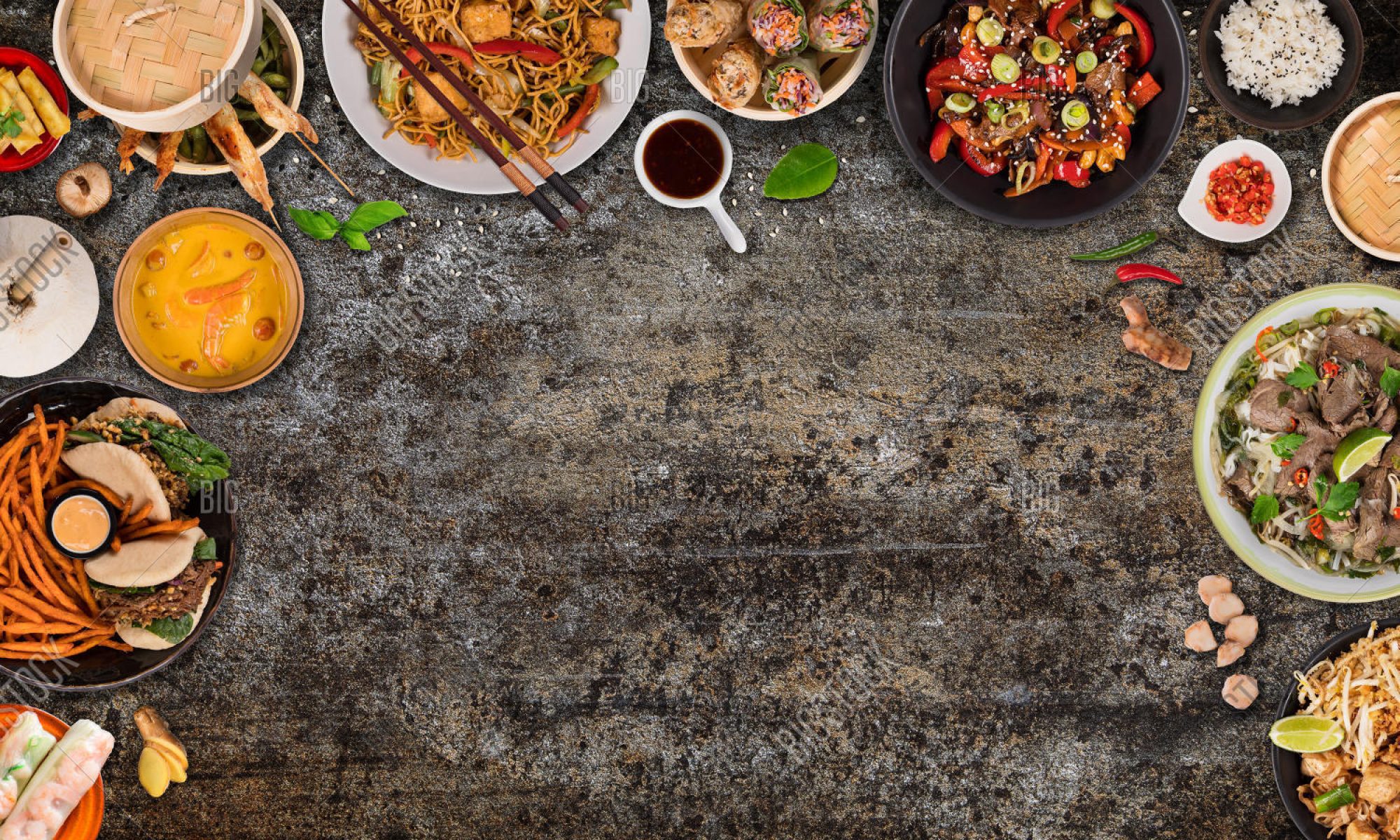I want to start off this blog post/ discussion by pointing out the significance of the Benson and Fisher introduction. The contrast between both the western and indigenous perspective on key crops and its influence on diet and lifestyle brings in an interesting approach to the global trade system. Although I can’t speak for everyone, I will use my own experience to relate to both the “Susan” and “Pablo” experience in regards to broccoli production and consumption.
In one of my first posts, I talked about how the facilitation of food access definitely limits how we think and consume food. I personally don’t think about where my food comes from, and how it came to land in the grocery store aisle. From a very western perspective, broccoli is a key food I use in my healthy meal preps throughout the week because it is easy to access at any store and it has been marketed to be a signature healthy food. However, coming from a heritage where my ancestors (grandparents) were also farmers who worked hard in order to survive on their daily earnings, it definitely puts into perspective how I use and appreciate the food in my kitchen. I am not, in any way, saying I know from experience, the drive it takes in order to pursue cash crops from a farmer’s perspective. But knowing someone close to me has gone through this experience, allows me to appreciate the “Pablo perspective” a lot more. Recognizing that I have considered food through the “Susan” and “Pablo” lens, I am more aware of the choices I make when I shop and I definitely try to be aware of who I support from a western standpoint.
This is especially considering the presence of transnational corporations in foreign, and more specifically, indigenous lands, which have always been a problematic concept historically and geographically. This topic has been covered throughout various units in this course and it is also discussed in disciplines such as political science and international relations. This has become a thread that continues to impact the lives of indigenous communities to this day. It is very interesting because the economic and social systems of imports and exports maintain a level of hierarchy between consumers, producers and large companies. In more frank words, farmers of Mayan descent (and many other indigenous communities around the world), fall victim to this idea that if they work harder they will eventually earn enough to live a more luxurious life like that had envisioned. However, the systems in place are not meant to benefit these workers, instead, they are used as a means for production in order for foreign companies to benefit from their labor.
A common theme illustrated throughout the units is the benefits and consequences of globalization in indigenous communities. Although it is a controversial topic of conversation, there is a thread that considers the growth of indigenous communities while maintaining a sense of authenticity in the modern era. It is hard to define what is considered traditional and what is considered outdated to the point where it is not functional/ efficient anymore. However, one point I feel is worth mentioning is how globalization has impacted the Mayan commitment, specifically how corn (in a less organic way) is resold back to Mexico for a much higher price than if it was produced and consumed domestically. I believe this highlights how much of the trade organizations have worked in favour of the transnational corporations and have left farmers with empty hope; as many other blog posts mentioned, the idea of the “American dream”.
